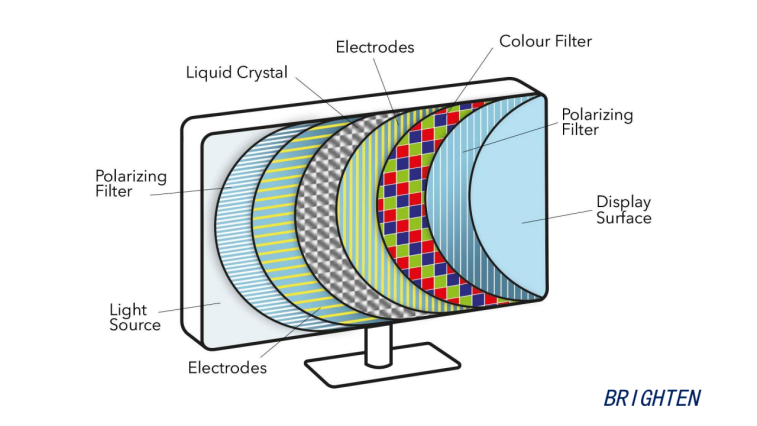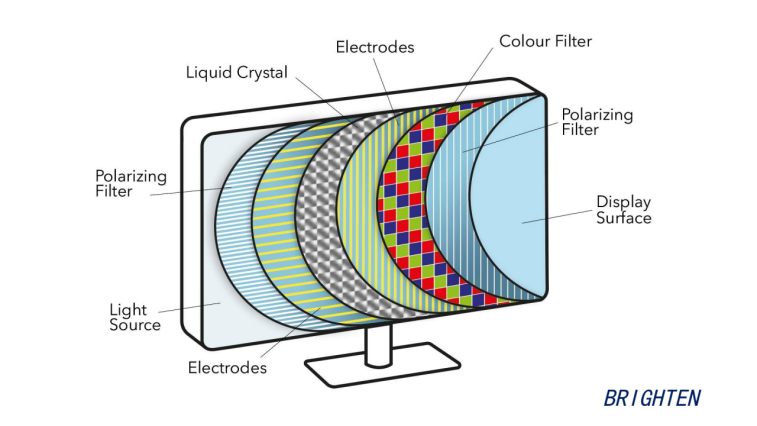LED vs. LCD: Which Display Technology is Right for You?
What's the Difference Between LCD and LED?
LCD and LED are two of the most common types of displays used in TVs, monitors, and other electronic devices. Both technologies use liquid crystals to create images, but they differ in how the crystals are backlit.
- LCD (Liquid Crystal Display): Uses a backlight (typically CCFL or LED) that shines through liquid crystals. The crystals modulate the light to produce images. LCDs rely on a constant light source.


- LED (Light Emitting Diode Display): Comprised of thousands of diodes that emit light individually. Each pixel can produce its own brightness and color, resulting in more vivid visuals without the need for a separate backlight.
The following table highlights the main distinctions between LCD and LED displays:
Feature | LCD | LED |
Backlight type | Cold cathode fluorescent lamps (CCFLs) | Light-emitting diodes (LEDs) |
Energy efficiency | Less energy-efficient | More energy-efficient |
Lifespan | Shorter lifespan | Longer lifespan |
Picture quality | Less vibrant picture | Brighter and more vibrant picture |
Cost | Less expensive | More expensive |
Which one is better?
When choosing a display screen, LED and LCD are two of the most commonly compared technologies. Although their names may sound similar, they differ significantly in display quality, energy consumption, lifespan, and ideal use cases.
LED displays are generally considered to be better than LCD displays. They are more energy-efficient, have a longer lifespan, and produce a brighter and more vibrant picture. However, LED displays are also more expensive than LCD displays.
If you are looking for the best possible picture quality and don't mind paying a bit more, then an LED display is the way to go. However, if you are on a budget or don't need the absolute best picture quality, then an LCD display is still a good option.
Looking for tailored LED display solutions? Contact the BRIGHTEN LED team—we're here to provide expert support and custom recommendations.
Contact
Office : +86 0755-89341658
Mobile:+86-13924645917
Contact: Sita
Feedback














